
Hindutva Pop: A Review
Can a song trigger a murder?Can a poem spark a riot?Can a book divide a people? By Binu Mathew These lines are from the back cover of a newly released book by Kunal Purohit called “H-Pop, The Secretive World Of…

Can a song trigger a murder?Can a poem spark a riot?Can a book divide a people? By Binu Mathew These lines are from the back cover of a newly released book by Kunal Purohit called “H-Pop, The Secretive World Of…
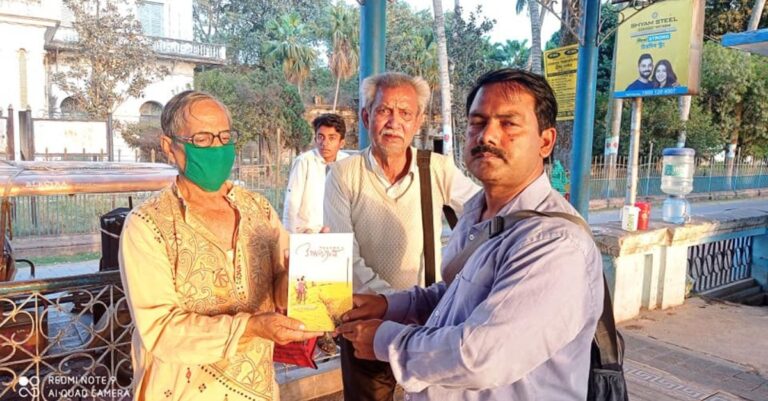
Tajuddin Biswas was a son of the soil. He was a genius. He was a poet, storyteller, novelist, essayist, scholar, historian, and authority on land survey, deeds, records, maps, coins, etc. He was a human rights activist and a Naxalite.
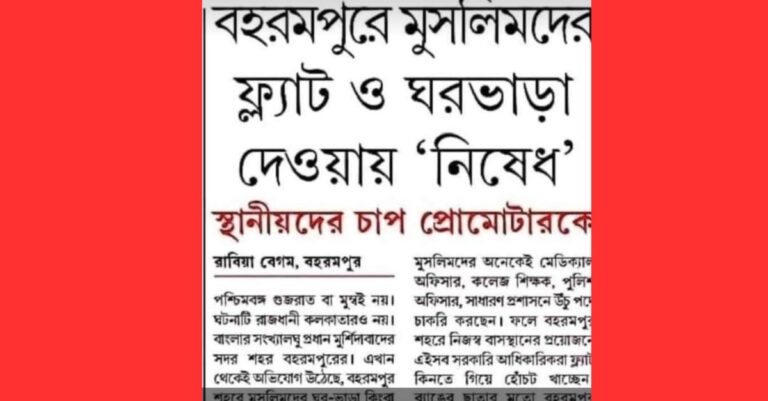
It attests to the systematic techniques of exploiting the oppressed, ably used by the babus of our town year after year.
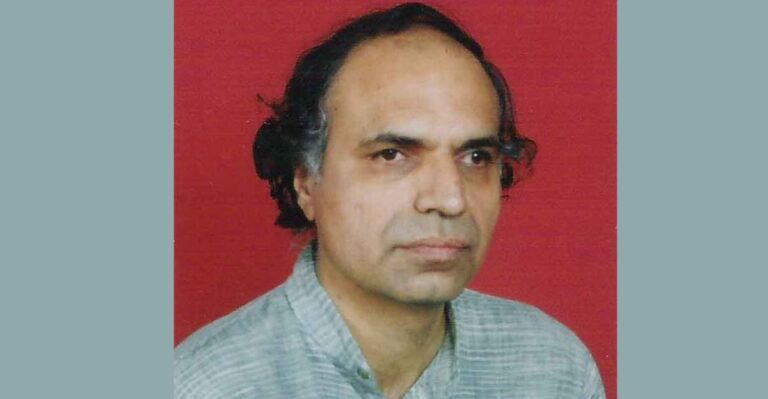
I could contribute about ten thousand articles/reports, and four hundred books and booklets in Hindi and English, apart from 70 short stories, two novellas and about a 100 poems and songs. I could maintain continuity in this work as an independent writer, never applying for a job anywhere.

The article talks about further strengthening the rights of the Tribal community through the Forest Rights Act, PESA and other laws.
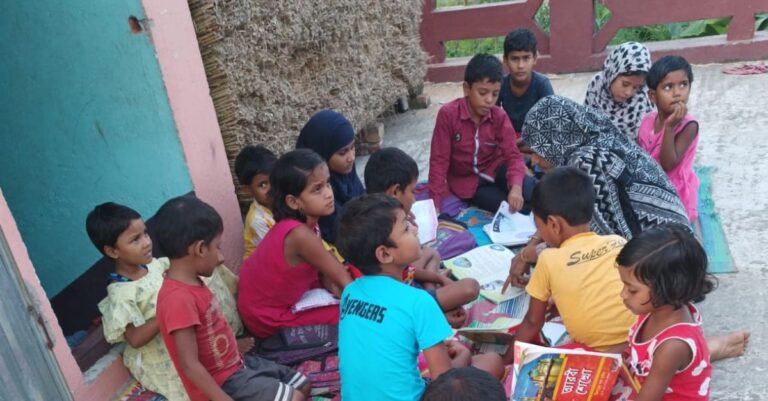
We are sorry for you, the children of war-torn Palestine. We are sorry. It is the educated, wise and intelligent people who are killing you with their sophisticated MSW. Forgive us!
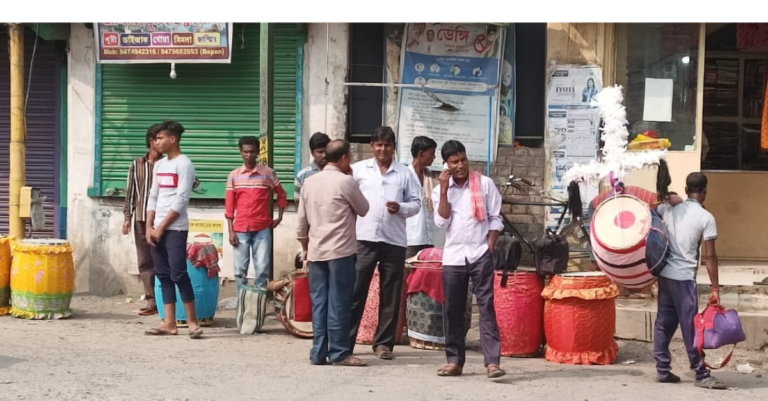
Dhol players add joy to the city on festive days. They come from the villages, beat dhols and and earn money and buy things for their family.
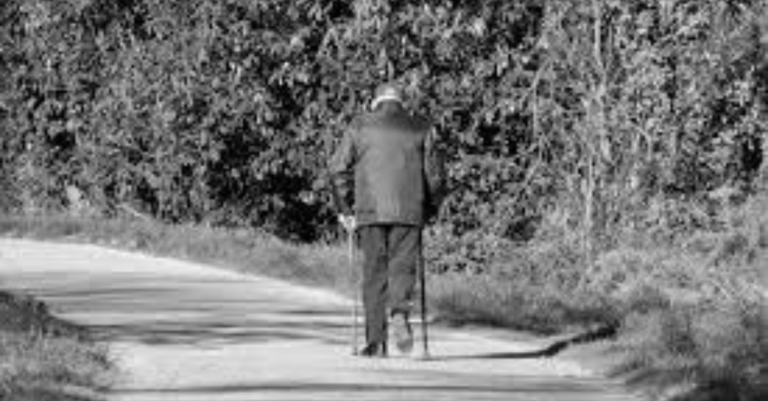
It attests to the certainity
of the ultimate hour that waits for everyone, be she big or small, rich or poor, lover or hater.
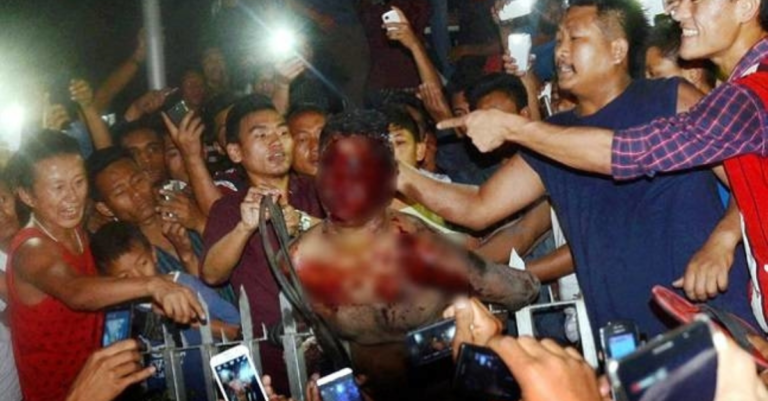
The perpetrators of this violence have not always been the state, the rulers, the police or the army but also our silence. Our looking away from inconvenient truths, our blindness to our social privilege, and in our ability to pass off our unearned privilege as merit or as advantages earned by hard work.

Rana believed that there could be no progress of socialist practice without the inclusion of Dalits, Adivasis, Muslims and other marginalized communities in the agenda.